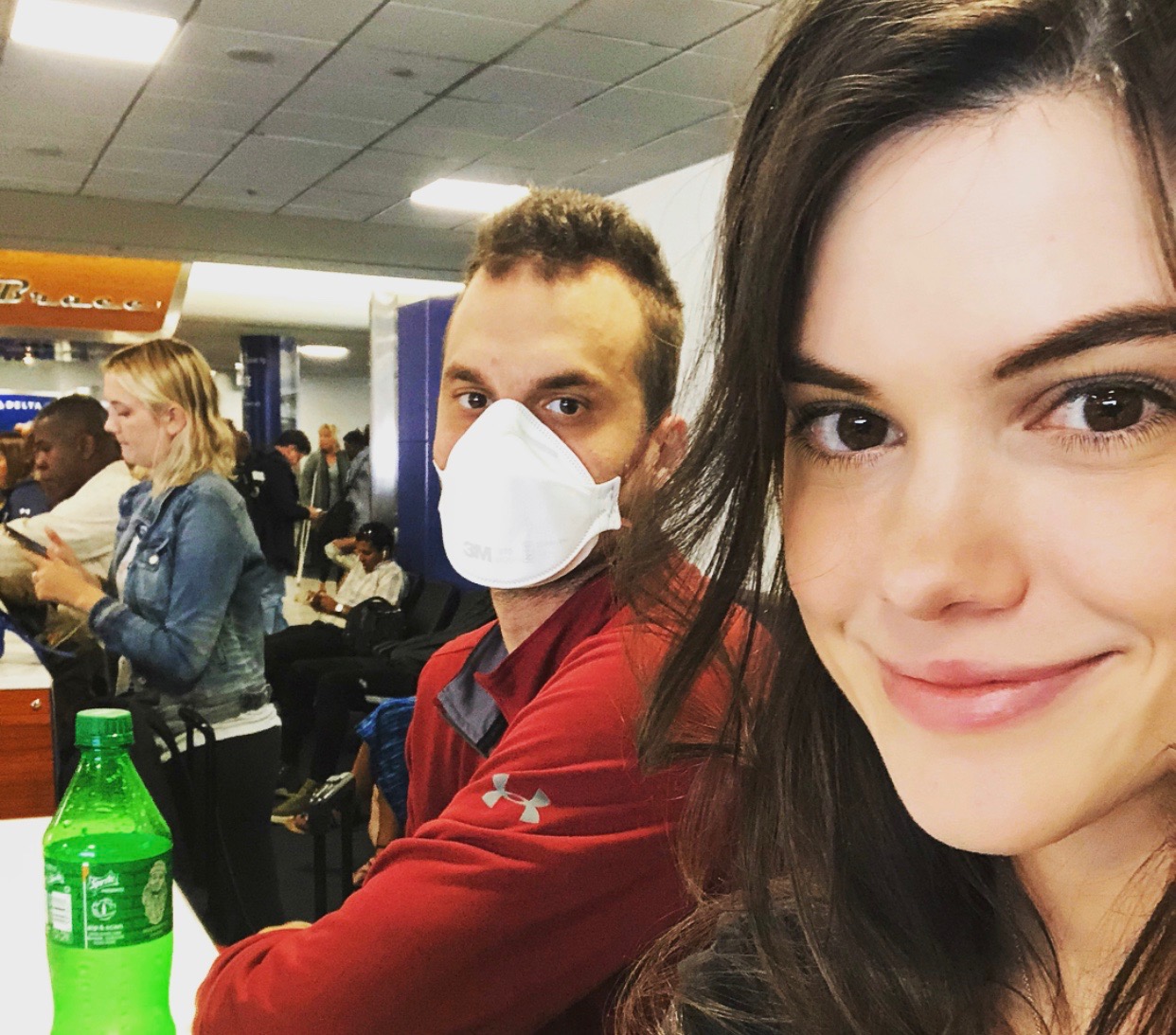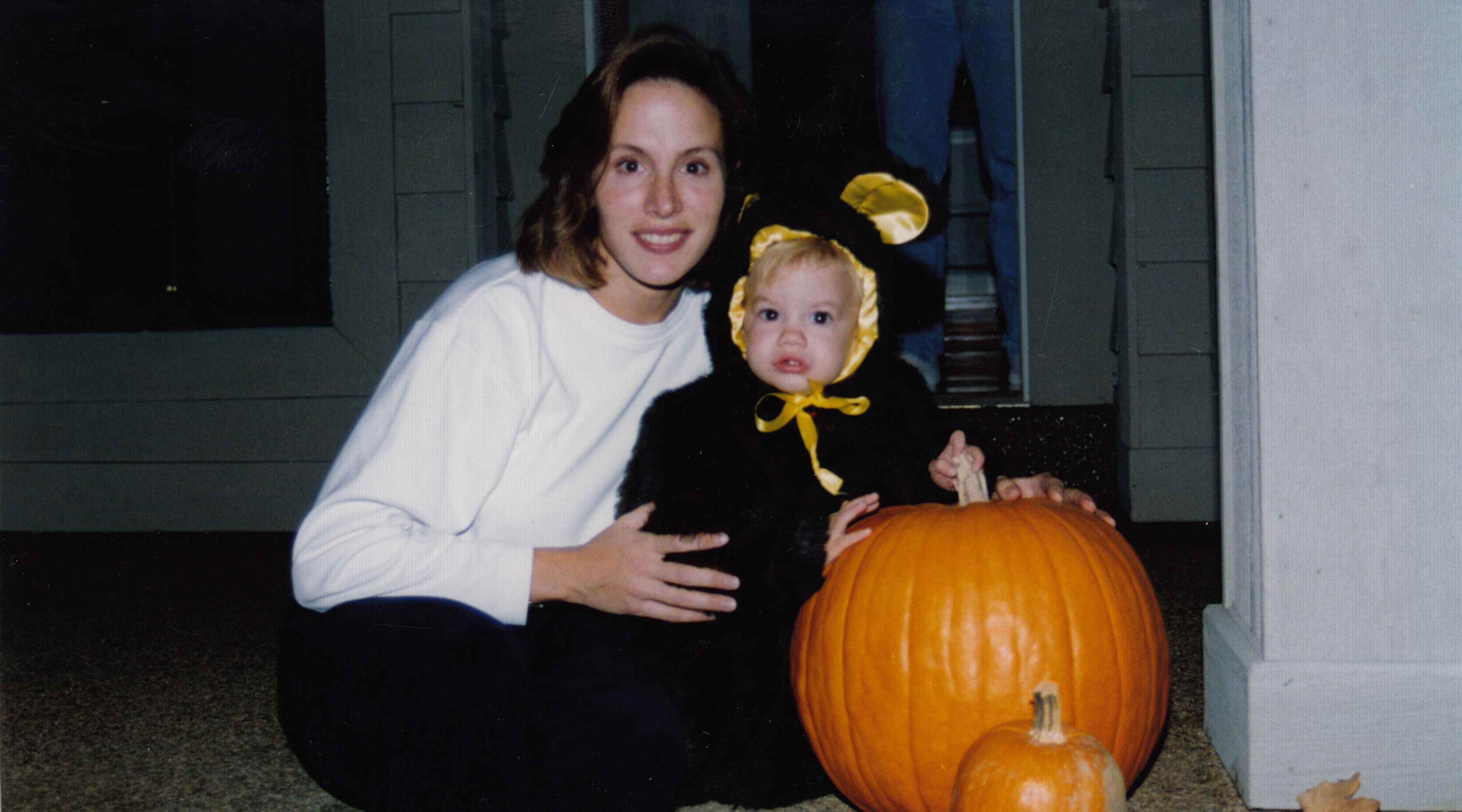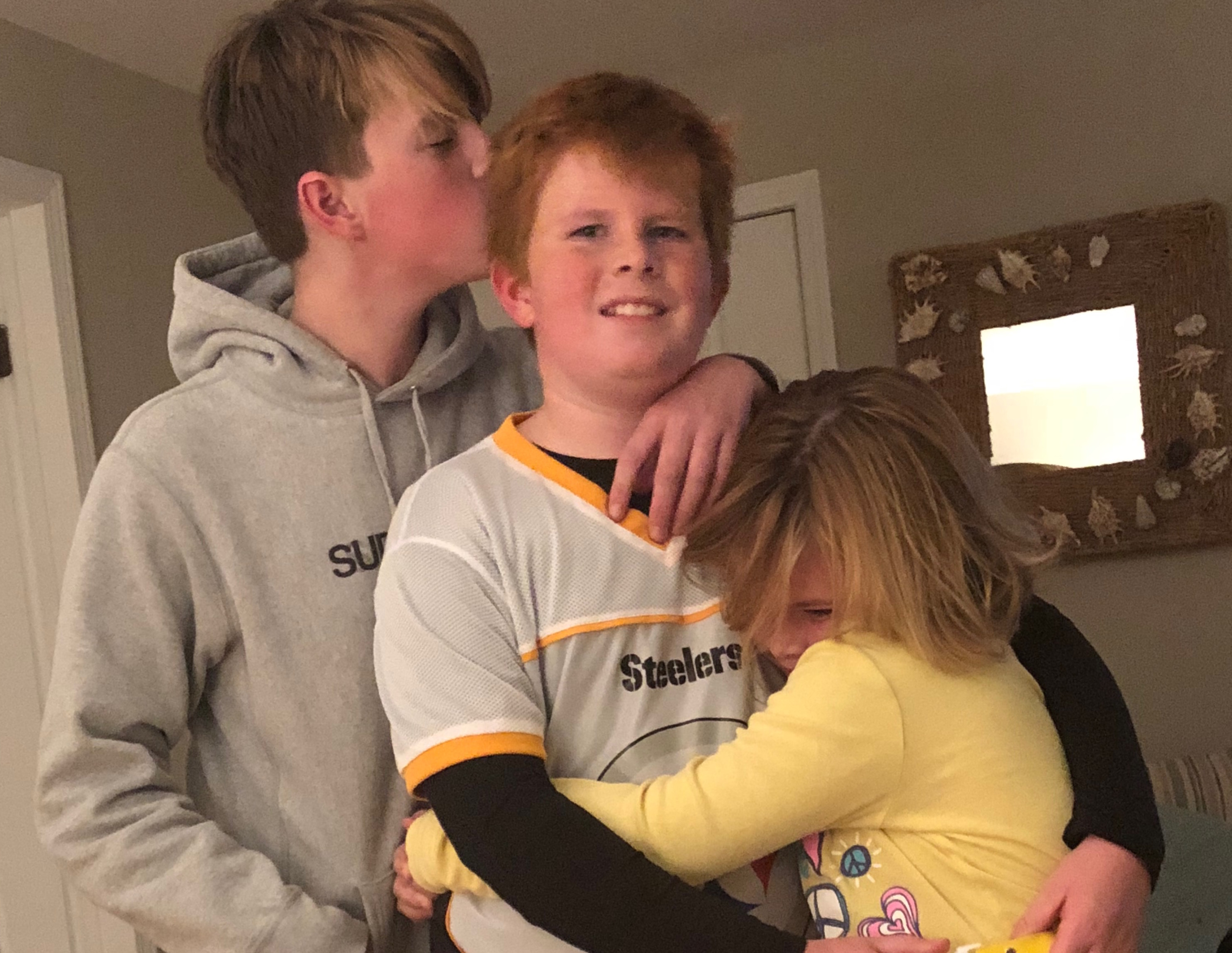On last week’s podcast, Tiffany, Lea and I talked about guilt… especially guilt from forcing our support systems to make sacrifices for us. Darcy uses her column today to respond!
Gunnar and the Salty Cysters talked about feelings of guilt on the Breathe In podcast last week. According to the trio, feelings of guilt bubble up in response to all the sacrifices their support systems have to make in order to prioritize their health. My initial response was, “Don’t feel guilty, we don’t mind making the sacrifices,” but I realize that’s a pretty unsatisfying answer, so I’ve spent the last week trying to unpack guilt and sacrifice from a significant other’s perspective.
I understand where the feelings of guilt come from. When you date someone with CF, it’s no secret that you make a lot of sacrifices.
You deal with plans being canceled last minute. You learn to schedule everything around treatment time. You give up the comfort of having your partner around when you’re sick. You wake up in the middle of the night to sounds of coughing and the beeping of the feeding pump. You laze around on Saturday nights instead of going out for a night on the town.
And those are just the little things… To be blunt, the biggest sacrifice you make is the certainty of your future. Yes, yes… I know that “anyone’s significant other can die in a car crash at any time,” but personally, I don’t find any comfort in minimizing the realities of CF (though Gunnar and I both find comfort in dark humor). Giving up that piece of certainty about your future is a sacrifice.
For us, this has meant Gunnar had to bow out as my date to a wedding on the day of the wedding. It has meant Gunnar has not physically been there when I’ve had surgery. It has meant that I’ve learned a lot about IVF. It has meant that my ideas of a 5-year-plan and a 10-year-plan have gone out the window.
Here’s the thing though. I don’t like the word sacrifice. Sacrifice has a bit of a negative connotation. It implies that one person is giving something up, to receive nothing in return. That’s not the case in CF relationships at all, so I like to reframe the idea of sacrifice and call it unconditional love.
Unconditional love, unlike sacrifice, functions as a two-way street. Perhaps I make more tangible “sacrifices” in my relationship with Gunnar, but I’m getting something in return. Do you know how incredibly awesome it is to have a person with CF in your corner (if you’re reading this blog, then you likely do!)? Allow me to generalize here – people with CF are exceptionally resilient, loyal, and thoughtful human beings. If I’m in trouble, I’m calling Gunnar. If Gunnar isn’t available, I’m going to try Lea or Tiff because they know a thing or two about compassion and support.
Gunnar knows that at the end of the day, I will be there for him whether he is bedridden or whether we’re out doing our favorite thing. But I also take great comfort in the fact that Gunnar would do the same for me. I know he’s my best advocate, my best encourager, and my best sounding board.
I shoulder his burden of CF, and everyone can see it. What you don’t see is that he shoulders mine.
I think people with CF are selling themselves short when it comes to guilt and sacrifice. It’s not that we just “don’t mind” making sacrifices for our CF loved ones, it’s that we feel privileged to take part in the shared experience of unconditional love. We’re not “giving things up” to love you, we’re just loving you well. And if you love us back, you can call it even.





